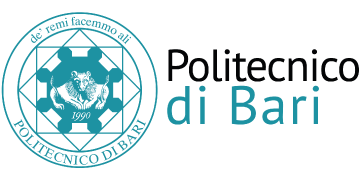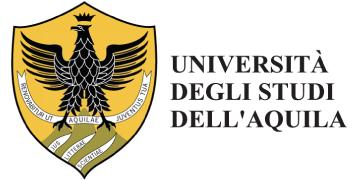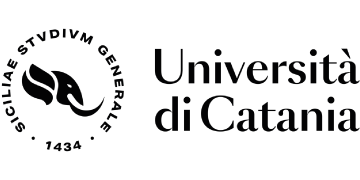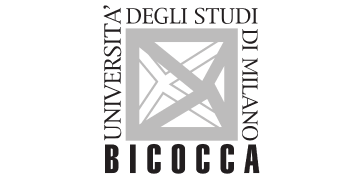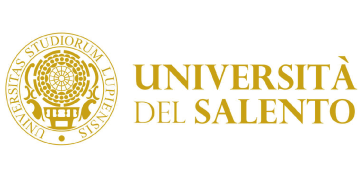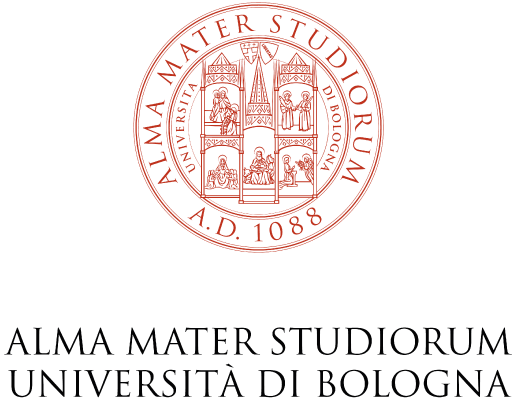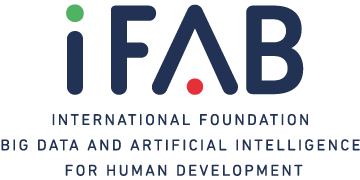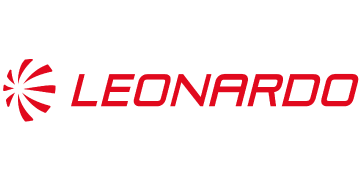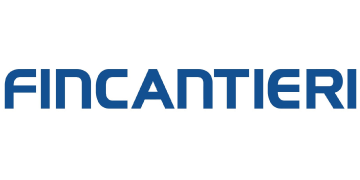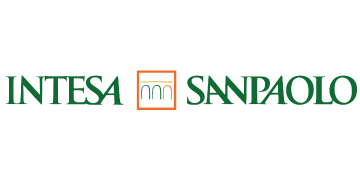
SPOKE 9
DIGITAL SOCIETY & SMART CITIES
Context
HPC and Big Data, combined with appropriate models, methodologies, and algorithms, offer new opportunities to solve key challenges in smart cities and digital societies. These, in fact, are characterized by the confluence and interaction of different systems in the social, organizational and technological domains, which are difficult to solve through mere decomposition into simpler problems, and such as to require new approaches that can overcome this “complexity wall”.
Spoke aims to address this barrier by exploring new approaches that use and extend the concept of the “digital twin”. The goal is to create a faithful digital representation of the social and organizational structures of cities, communities, and their citizens, as well as the physical and virtual contexts in which they operate and interact, leveraging the digital traces of available “big data,” large-scale data analysis, artificial intelligence (AI) techniques, and new opportunities for advanced simulation made possible by ICSC’s HPC infrastructure.
Through digital twins, the Spoke intends to improve the ability to (i) replicate and understand the functioning and behaviors of our cities and societies, (ii) predict future evolutions, also in response to change, and (iii) support the testing and evaluation of the effects of policies, protocols, and scenarios aimed at changing the behavior of cities and communities.
Objectives
Spoke intends to address three basic objectives:
- Research on the foundational, methodological and technological aspects relevant to the Spoke challenges.
- Identification of relevant application domains within smart cities and digital societies, research challenges, and opportunities for exploitation offered by these domains.
- Experimentation and evaluation of research results with “beneficiary” partners.
The Spoke focuses its activities in the following five application domains:
- Health and Lifestyle: HPC and IoT technologies for e-Health, digital twins for smart hospital and personal health record management, big data platforms for advanced territorial medicine management, etc.
- Mobility: modeling of citizen mobility and large-scale crowding dynamics.
- Socio-economic analysis: models for human behavior, learning and adaptation, relationships, economic flow analysis, new approaches for identifying and tracking disinformation and hate on social media, urban crime monitoring, etc.
- Infrastructure and services: smart grid, including innovative applications such as drone-based maintenance, radio coverage planning for wireless networks, real-time monitoring, risk analysis and forecasting for interconnected infrastructure.
- Environment: monitoring and forecasting of environmental conditions, regeneration of biodiversity and urban ecosystems, water cycle management, etc.
Activities
Three lines of research will be pursued by the Spoke: (M)odelling, (C)omputing and (S)oftware systems. Regarding (M)odelling, the Spoke plans to develop innovative AI approaches, with a focus on deep learning methods and technologies such as computer vision, speech recognition, natural language processing and generation, conversational agents and dialog systems, etc. In addition, computational social science methodologies, complex networks and complex systems will be adopted to model and predict social phenomena. Finally, strong attention will be paid to aspects of data governance and privacy.
The Spoke will also develop, under the (C)omputing research line, architectures and enabling technologies for distributed IoT sensing systems and for integration with cloud infrastructures and edge systems as well as architectures for twin systems and hybrid systems based on AI/physical modeling of large-scale systems and interconnected infrastructures. Finally, the research line on (S)oftware systems will be devoted to the definition of system software platforms, software specification and maintenance, prototyping and scaling of AI algorithms and applications.
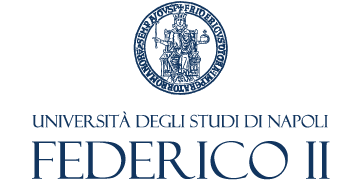
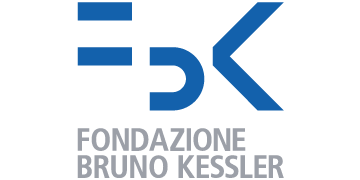
Institutions and Universities

